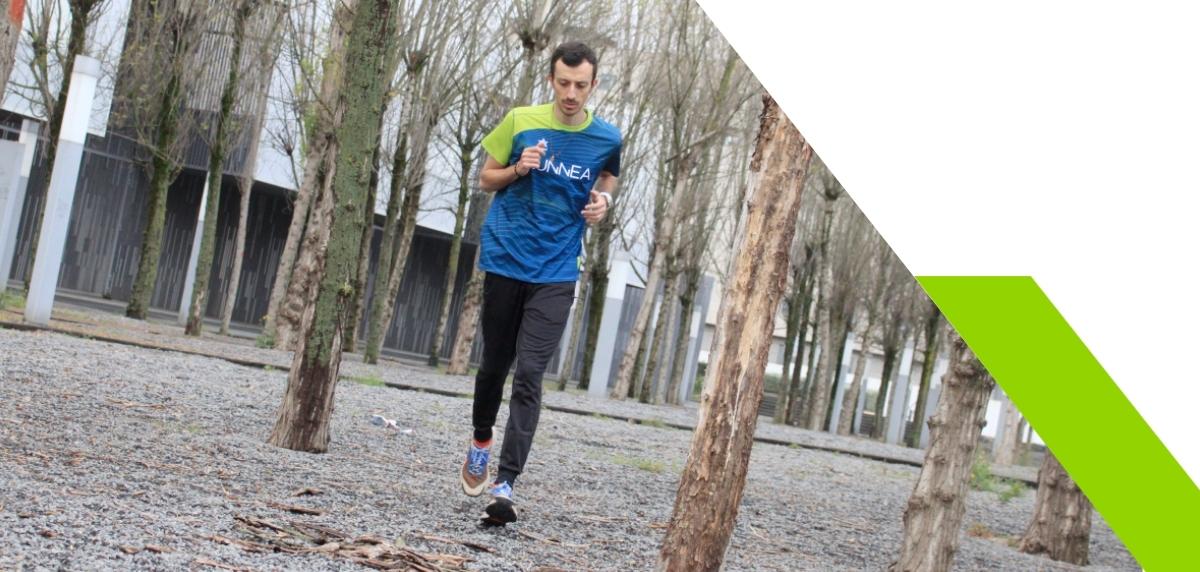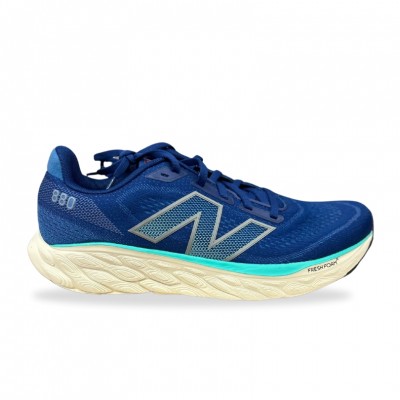Myth or reality - that's the question! Just because popular belief firmly believes that running is bad for your knees doesn't mean that such a statement is a fait accompli. In fact, we at RUNNEA have set out to debunk all the myths associated with running. We have already told you that the claim that running seriously harms the knees is one of those dogmas that are not true, and that we should begin to dismantle.
The straightforward answer to the question posedVaya NO. It may seem, and you may believe, quite the opposite. The RUNNEA staff is not telling you this for the sake of it, but we refer to facts and data. And if that data is drawn from scientific research, so much the better.

Why running is not bad for your knees, here's what science says!
In this regard, a group of researchers from Brigham Young University in the United States -with Dr. Matthew K. Seeley, Ph.D., co-leading the research, has come to the final conclusion that running, especially long distances, does not cause inflammation in the knees. But these American scientists have gone one step further, and have also emphasized that:
pro-inflammatory molecules (cytokines) have a radically different response, and these tend to be reduced after physical activity, and therefore favor the Cartilage Matrix Oligomeric Protein (COMP) that we have in the knee joint.
Object of the research study
Published in the European Journal of Applied Physiology (October 2016), the study involved 15 volunteers aged between 18 and 35 years, being women and men. The object of the study consisted of extracting synovial fluid and serum samples before going for a run, and 30 minutes after cessation of training to check the level of inflammation in the knees.
The significant fact of the study is that the scientists detected that the markers of inflammation in serum remained at very similar levels. While the specific markers of synovial fluid (cytokines GM-CSF and IL-15) were reduced in concentration in each of the volunteers.

Results and conclusions of the study
Thus, the final conclusion of this study highlights that exercise, in general, and running, in particular, is not only not bad for the knees, but beneficial. Moreover, its researchers also emphasize that physical activity works like specific drugs to treat osteoarthritis, the so-called chondroprotectors. Something that helps to delay the wear and tear of cartilage, and thus slows down the onset of osteoarthritis and osteoarthritis problems, among other degenerative diseases of the joints themselves.
"It goes against intuition. The idea that long-distance running is bad for the knees has all the makings of a myth, a mistaken belief. This study does not prove that long-distance runners are more at risk for a disease like osteoarthritis than anyone else simply because they go running. Instead, the research lays the groundwork for the opposite, and exercise can work as an effective prevention method, and even as a prescription drug," said Dr. Matt Seeley following the conclusion of the research.
Personalized and judicious training to avoid injury
Therefore, the professors associated with Brigham Young University in Utah have made it very clear that the running "naysayers" have one less argument with which to try to dissuade those of us who don't hesitate to put on our Running shoes and go for a run. Because, indeed, that initial claim that "running damages your knees and the cartilage in your joints" is a myth that we have to discard.
That said, we also echo the report that the team of physiotherapists of the Professional Association of Physiotherapists of the Community of Madrid (CPFCM) carried out in the last edition of the Madrid Marathon. In this report, the CPFCM attended to more than a thousand runners at the finish line, highlighting that the most frequent injuries and/or discomfort among the finishers of the race were in the legs (43%) and thighs (34%), compared to the percentage of 9 of problems associated with the knees.

However, the fact that running is not harmful to your knees does not mean that you run the risk of injury. Especially if you go in without the supervision of a qualified trainer. A well-planned and well-advised training session will help you to improve your running technique, keep injuries at bay, and train efficiently to progress as a runner. You know that at RUNNEA we can help you...discover our training plans à la carte!
Bibliography
Hyldahl, R.D., Evans, A., Kwon, S. et al. Running decreases knee intra-articular cytokine and cartilage oligomeric matrix concentrations: a pilot study. Eur J Appl Physiol 116, 2305-2314 (2016). (Direct link, by clicking here)
Read more news about: Running News





























